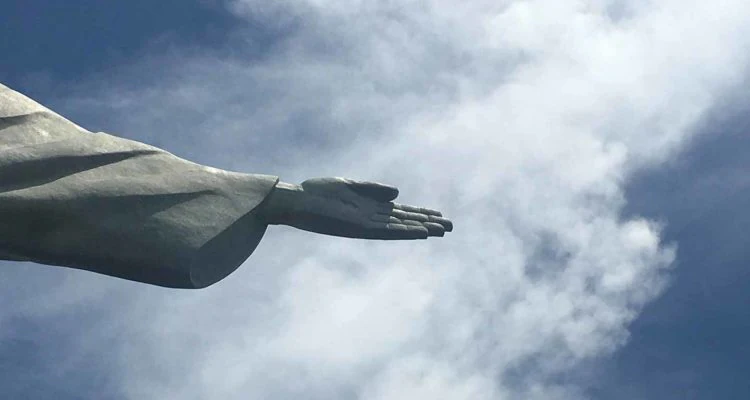RIO DE JANEIRO, BRAZIL – In what is believed to be a first in the world, people in Brazil who feel or are discriminated against because they oppose the Covid 19 vaccination will be able to report cases to Disque 100, the main channel for denunciations of the federal government.
This decision was made by the Ministry of Women, Family, and Human Rights, headed by Minister Damares Alves.
The Bolsonaro government, portrayed and branded worldwide as a “danger to democracy” and authoritarian, is doing what one would have expected from countries like Switzerland, Canada, or Norway. It does not allow discrimination against a minority but fights it.
The Folha de S. Paulo newspaper had access to a technical note from the Ministry of Human Rights prepared on May 19 on the issue. On the 21st, Minister Damares confirmed the document and forwarded it to the Ministries of Labor, Social Security, and Economy.

The Damares-commissioned booklet concludes that “compulsory vaccination as a condition of access to human and fundamental rights may violate constitutional provisions and international guidelines.”
According to the agency’s technicians, forced vaccinations can violate bioethical principles and human dignity and “lead to discrimination and social exclusion, including in the family environment.”
“The ministry considers that the obligation to present a vaccination passport may lead to a violation of human and fundamental rights,” reads an excerpt from the document obtained by Folha de S. Paulo.
The ministry promised to forward the complaints received by Dial 100 to the relevant agencies “so that the human rights of every citizen can be protected and defended.
Signatories to the document are Eduardo Miranda Freire, deputy undersecretary for global protection; Fernanda Ramos Monteiro, deputy undersecretary for children’s and adolescents’ rights; Marcelo Couto Dias, deputy undersecretary for family; and Jailton Almeida do Nascimento, director of human rights promotion and education.
By its own account, Disque 100 can be considered a “first aid” for human rights, taking care of situations of human rights violations that have just taken place or are still in progress, involving the competent bodies, and enabling the detection of violations.
Groups served by the service include children and youth, the elderly, people with disabilities, the LGBT population, people suffering from ethnic or racial discrimination, indigenous peoples, and others.

